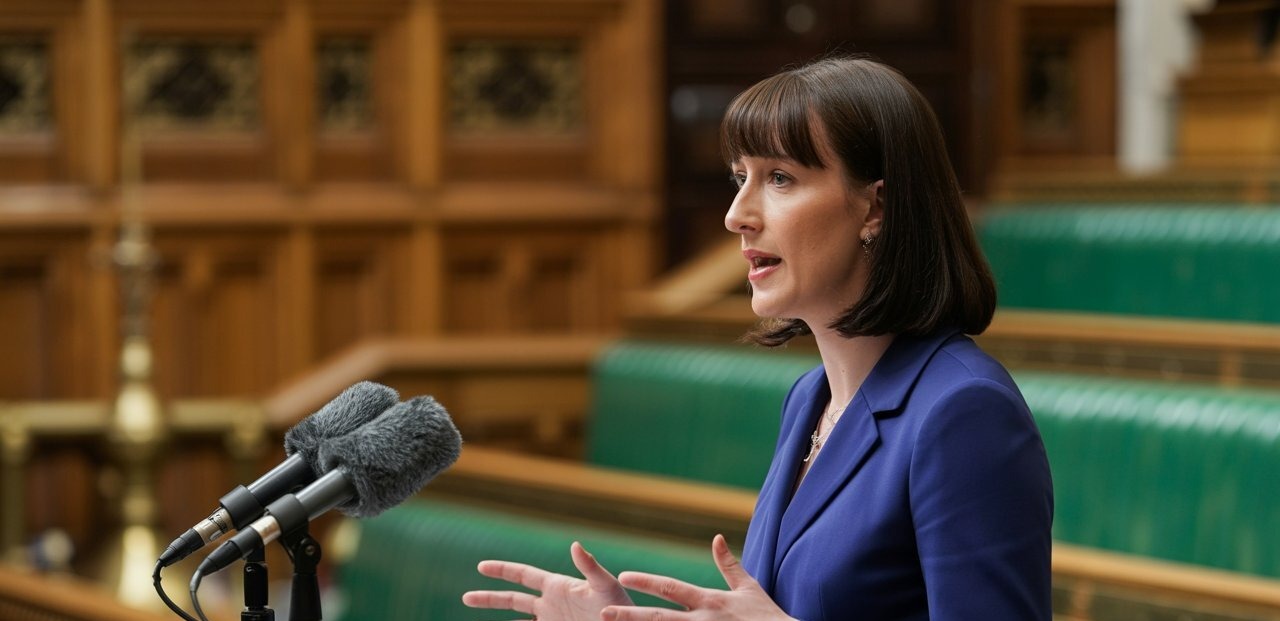Autumn Budget 2025: What Rachel Reeves’s plans could mean for global HNWIs


Here we go again - Budget season in the UK, and the rumours are flying.
Capital gains, inheritance tax, pensions - you name it, it’s apparently “about to change.”
If you’ve got UK property, investments, pensions, or family ties, what Chancellor Rachel Reeves announces on 26 November could matter more than you think.
And even if you don’t live in the UK, the impact could still reach you.
As the only certified fiduciary in the Middle East, AES has spent over 20 years helping globally minded, successful families manage and protect their wealth.
In that time, we’ve seen one truth hold steady - preparation always beats speculation.
The Treasury’s hunt for more tax revenue
The Treasury is reportedly searching for around $30 billion in additional revenue. With income tax, VAT and National Insurance seen as politically off-limits, attention is turning elsewhere.
One area under review is income tax and fiscal drag.
Current thresholds could stay frozen beyond 2028, quietly pulling more people into higher tax bands. It’s a stealth tax - slow and subtle, but over time it eats into disposable income.
Next is capital gains tax (CGT).
There’s talk of aligning CGT rates with income tax, which could push them from 24% up to as high as 45% on certain assets. If you’re planning to sell UK property or investments, timing may soon become critical.
Inheritance tax (IHT) is also under the spotlight.
Reforms might limit tax-free lifetime gifting, and from 2027, inherited pensions will begin to fall under IHT - a major change for wealth transfer planning.
Then there’s property taxation.
Landlords could face National Insurance on UK rental income, treating it more like employment income. There’s even discussion about letting buyers spread stamp duty payments over time. That sounds helpful, but in reality, it’s another way to keep money flowing into the Treasury.
Pensions might not escape scrutiny either. Rumours suggest a cut to the 25% tax-free lump sum or reduced higher-rate relief on contributions.
Both changes would affect international families with UK pensions or those still contributing from abroad.
And finally, ISAs.
The $20,000 annual allowance is likely to stay, but the government may look to steer investors away from cash ISAs and towards equities - encouraging investment into UK businesses.
Why reacting too soon can be risky
If this all sounds like a lot, that’s because it is.
But the truth is, no one knows which of these changes will actually happen - not the journalists, not the analysts, not even some of the politicians drafting this week’s headlines.
Every year, speculation builds, and people start making rushed financial decisions based on what might happen. Last year proved the point.
Predictions included sweeping pension reforms, an inheritance tax overhaul, even talk of scrapping ISAs altogether.
But what actually happened?
Some changes were far less dramatic than expected.
Capital Gains Tax nudged up slightly - from 20% to 24%.
Stamp Duty increased from 3% to 5%.
Yet the biggest real shift - pensions becoming subject to inheritance tax from 2027 - wasn’t even predicted.
Those who waited for facts, not rumours, came out on top. Those who acted too soon often faced unnecessary costs and regrettable decisions.
What successful families should do now
So what can you do differently this year?
Control what you can - now.
Start with a review of your existing arrangements.
Check that you’re using your allowances efficiently and that your assets are structured in a way that makes sense globally.
Ask yourself:
- Are your investments properly diversified?
- Are your UK assets held in the right wrappers?
- Have you considered how inheritance tax or capital gains could affect your family’s long-term wealth, especially across borders?
At AES, we’ve always believed that preparation, not prediction, is what keeps successful families ahead.
Those who plan for what could happen are rarely surprised by what does.
Image created using Ideogram AI.

